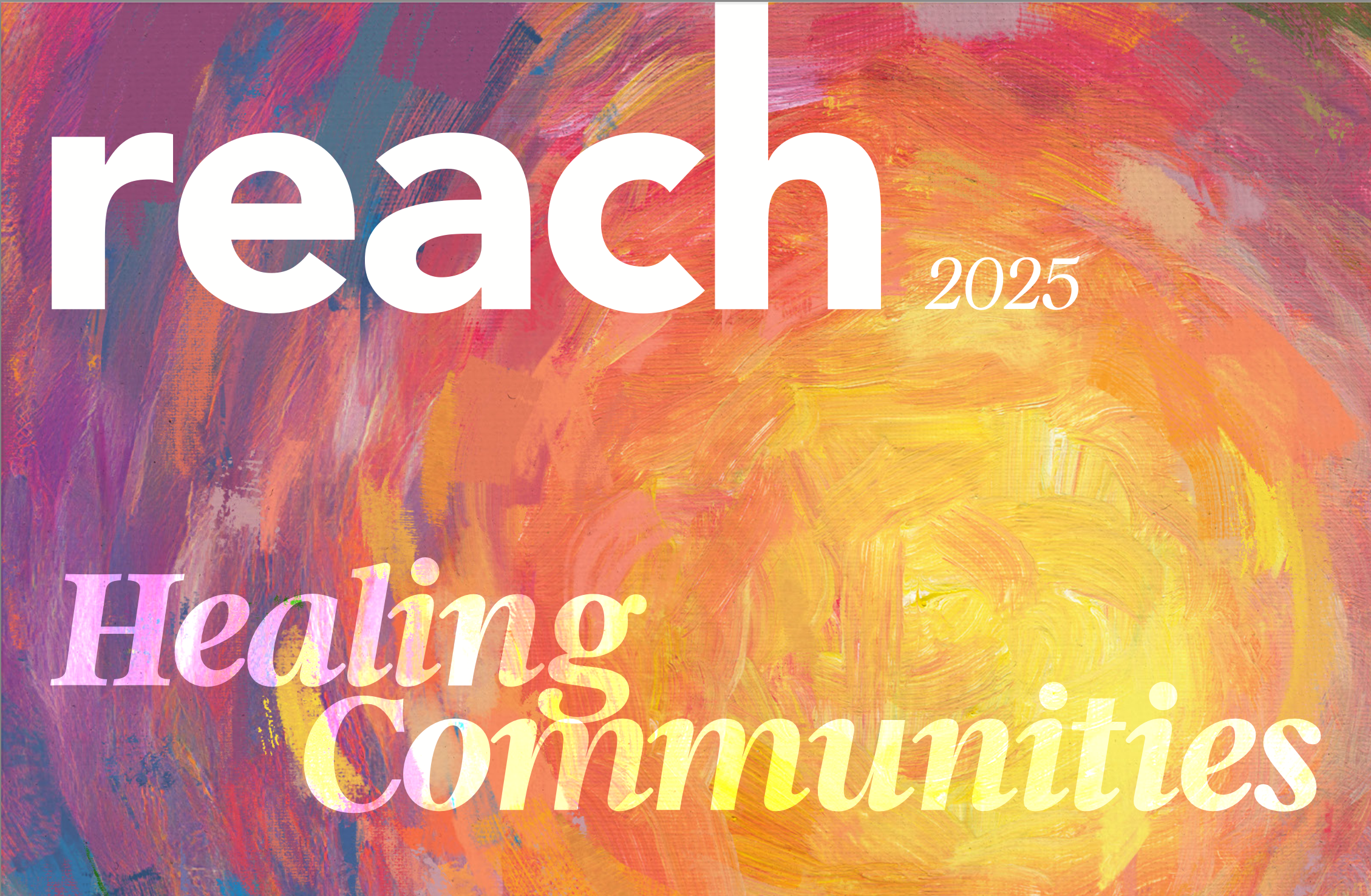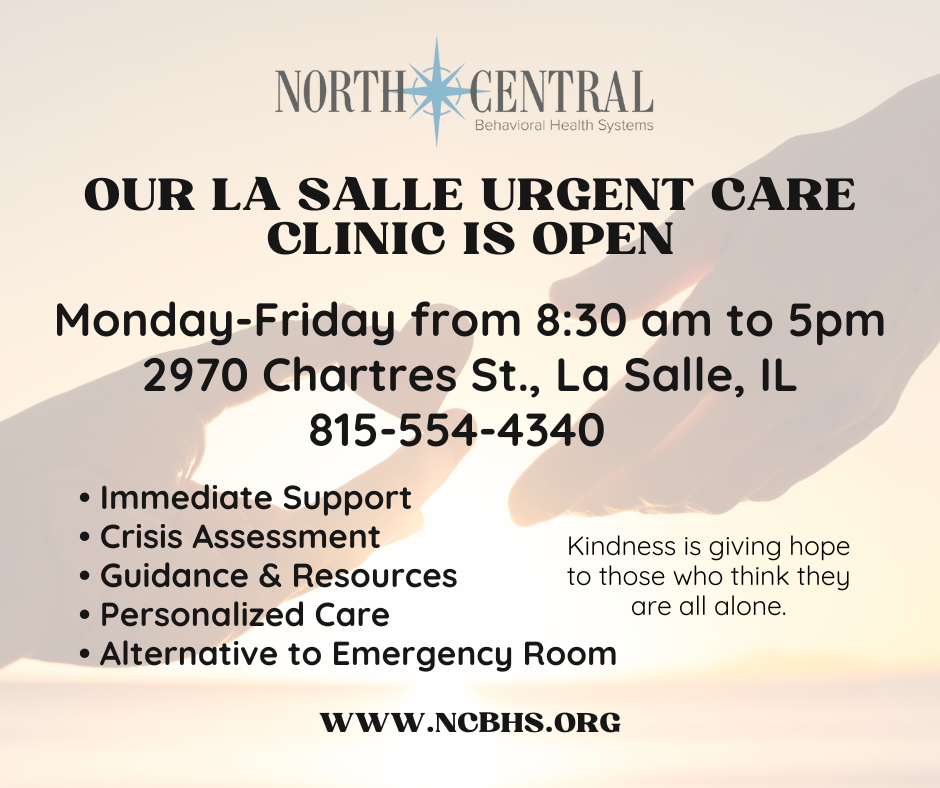Statistics compiled by the National Institute of Mental Health indicate that major depression affects over ten million people in the United States each year and that over a lifetime between 10 and 15 percent of people will experience at least one episode of major depression. In addition, research has shown that two out of three people who experience depression are women. However, this figure may not accurately reflect male and female depression because in our culture it is generally considered to be more acceptable for women to talk about their feelings and show emotions. There may be many men with depression who are trying to “tough it out” without telling anyone about it.
If you have depression, you know how you feel. You can write your own description of what it is like for you. However, you may be interested in knowing how doctors, psychologists, and other health care providers describe this condition. According to the DSM-IV, the Diagnostic and Statistical Manual for Psychiatric Disorders, major depression is when you have at least five of the following nine symptoms for at least two weeks:
- Depressed mood most of the day, nearly every day
- Diminished interest or pleasure in almost all activities of the day, nearly every day
- Significant weight gain or loss when not dieting, and decreased appetite nearly every day
- Insomnia or hypersomnia (sleeping too much) nearly every day
- Abnormal restlessness or a drop in physical activity nearly every day
- Fatigue or loss of energy nearly every day
- Feelings of worthlessness or excessive inappropriate guilt nearly every day
- Diminished ability to think, concentrate, or make decisions nearly every day
- Recurrent thoughts of death, or recurrent suicidal thoughts with a specific plan; or a suicide attempt; or a specific plan for committing suicide
It also says that one of the first two symptoms must be among the five symptoms you are experiencing—and that these behaviors must reflect a change from your ordinary behavior. It also cannot be due to another illness or only as a reaction to the loss of a loved one.
If you are experiencing depression, there are many ways to get relief from your symptoms which could include therapy, medications, support groups or self help books. There are some also some simple ways to help yourself alleviate symptoms while you are waiting for other help, or trying to get things on an even keel. They may not solve the underlying problems, but they will provide some relief.
- Get help while you still can; the longer you wait, the harder it gets.
- Plan your day with some activities you have to do and some activities you enjoy.
- Break down difficult tasks into smaller incremental parts.
- Give yourself credit for even the smallest things you get done.
- Remember that depression passes. Focus on living one day at a time.
- Get emotional support from a family member, friend or mental health professional. Get involved in a fun activities with someone you enjoy. Cuddle with your mate. Spend time with your pet.
- Use whatever spiritual resources you are comfortable calling on.
- Get some exercise, whatever you can muster—walk, run, bike, swim, etc.
- Get out in the sunlight as much as possible.
- Eliminate sugar, caffeine and junk food from your diet. Eat three healthy meals a day.
- Read a funny or light book or watch a funny video. Listen to music that you enjoy.
- Get dressed, putting on something that makes you feel good.
- Smile.


